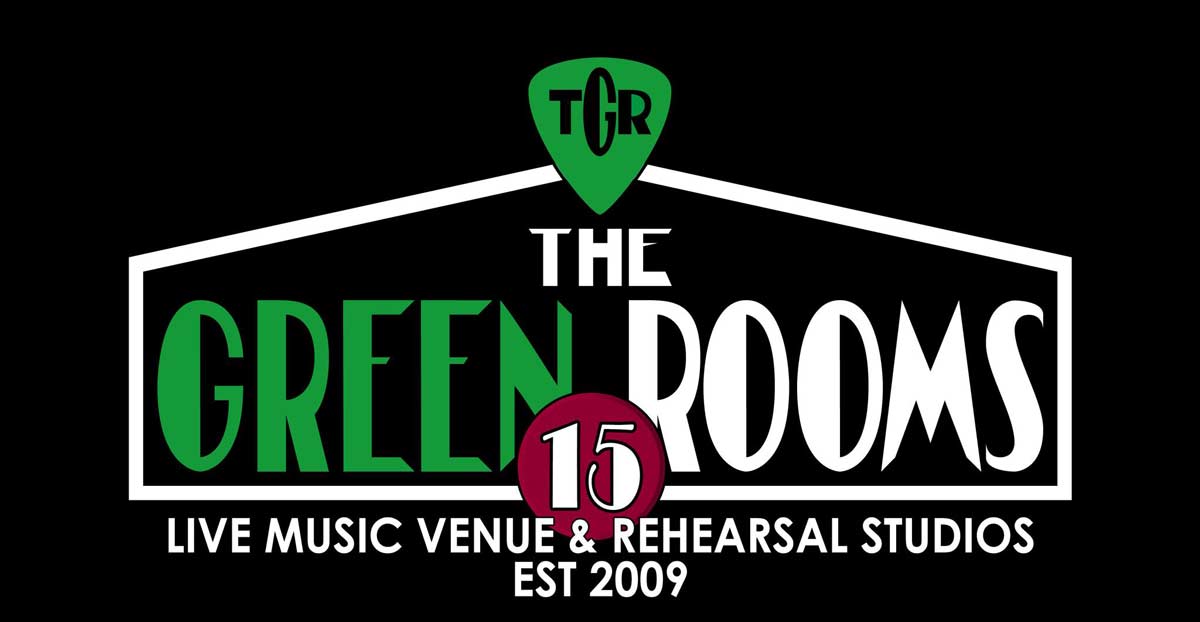The sound of a well-tuned guitar brings joy to both the player and the listener. However, guitarists often struggle to keep their instruments in tune.
The small mechanisms on the headstock, called guitar tuning pegs, play an important role in this struggle. When these mechanisms don’t work properly, it becomes difficult to keep the guitar in tune.
If you’re having issues with your guitar’s tuning machine, don’t rush to the guitar tech just yet. Take a moment to relax and gather your tools!
This guide provides 10 troubleshooting tips to help you identify and solve common problems with guitar tuning machines so you can get back to playing the perfect music.
Diagnose the Problem: Identify the Issue
The first step in any troubleshooting process is identifying the problem. Here are some common issues with guitar tuners and their signs:
- Slipping Strings: If your strings lose pitch quickly, even with gentle playing, it could indicate worn gears, a loose string post, or a problem with the string itself (worn, damaged, or incorrectly wound).
- Stiff Tuning: Do your tuning pegs feel difficult to turn? This could be due to a lack of lubrication, grime buildup, or damaged gears.
- Uneven Tuning: If some strings consistently go out of tune faster than others, it might point to an issue with a specific tuning machine or a problem with the string itself.
By pinpointing the specific issue, you can focus your troubleshooting efforts on the most likely issue.
Check for Loose Parts
Over time, the constant adjustments and vibrations can cause screws and other hardware on tuning machines to loosen. Grab a screwdriver (ensure it’s the correct size!) and gently tighten any loose screws you find on the peg baseplate or buttons.
Don’t overexert yourself though because a light touch is key to avoid stripping the screw heads.
Tighten the String Post
Sometimes, the string post itself loosens slightly, particularly with vintage-style open-back guitar tuners. If you suspect a loose post, locate the nut at the bottom of the post. Using an appropriate wrench, very carefully tighten the nut.
Be extremely cautious because overtightening can damage the guitar tuning pegs and potentially cause the post to break. If you’re not sure about your ability to do this without causing damage, it’s best to consult a professional.
Lubricate the Gears
Friction within the gears of your guitar tuning machines can make tuning difficult and contribute to slipping strings. To address this, apply a small drop of lubricant specifically designed for guitar gears.
Focus on the base of the gear housing, avoiding the string itself. Wipe away any excess lubricant to prevent dust and grime buildup.

Clean the Headstock
Remember to keep your guitar in good condition. Use a dry cloth to clean the guitar tuning keys and string slots to improve tuning stability. Dust and debris can make tuning difficult, so regular cleaning is essential.
Inspect the String: It’s Not Always the Machine’s Fault
A worn or damaged string can contribute to tuning instability. Examine your strings for any signs of wear, corrosion, or fraying. If you suspect a bad string, replace it with a fresh one of the same gauge.
Remember, new strings take some time to settle in, so you might need to fine-tune them a few times before they hold their pitch perfectly.
Re-evaluate Your Tuning Technique: Are You Doing It Right?
It might sound obvious, but sometimes the problem lies not with the machine, but with the operator. Here are some reminders for proper tuning techniques:
- Tune Up in Small Increments: Avoid large jumps in pitch. Make small adjustments, stretching the string slightly as you go. This helps the string settle into the correct pitch and reduces the chance of slipping.
- Use a Quality Tuner: A reliable electronic tuner is essential for achieving accurate pitch. Clip-on tuners are convenient, while microphone-based tuners can be more accurate in noisy environments.
By adopting good tuning habits, you can lessen the unnecessary stress on your tuning machines.
Rethink Your String Gauge
Heavier gauge strings put more tension on the tuning machines. If you’re experiencing frequent tuning issues, especially on an older guitar with potentially less strong tuning machines, consider trying a slightly lighter gauge string set. This can make a big difference in tuning stability.
Consider Locking Tuners
For guitarists who play aggressively or use techniques like heavy string bends and dive bombs, locking tuners can be a game-changer.
These tuners feature a clamping mechanism that secures the string at the post, significantly reducing string slippage and enhancing tuning stability.
While locking tuners typically cost more than traditional tuners, the improved performance and reduced tuning frustration can be well worth the investment.

Consider Seeking Expert Help
If you’ve tried all these tips and still have trouble tuning, it’s time to get professional help. A qualified luthier (a specialist in guitar repair) can identify the problem.
They can check for issues like worn gears, damaged string posts, or compatibility problems between your tuning machines and your specific guitar model.
The luthier can then recommend the best course of action, which might involve:
- Simple Adjustments: Sometimes, a professional can fix the problem with a simple adjustment, like tightening a loose gear or replacing a worn washer.
- Replacement Parts: If specific parts within the tuning machines are damaged beyond repair, the luthier can replace them with compatible components.
- Complete Tuning Machine Upgrade: In some cases, a complete upgrade to new, higher-quality tuning machines might be the best solution, especially if your existing ones are old, worn, or incompatible with your playing style.
A luthier can also advise you on choosing the right type of guitar tuning machines, considering factors like string gauge, playing style, and budget.
Bonus Tip: Preventive Maintenance is Key
By adding preventative maintenance practices to your guitar care routine, you can help prevent tuning machine problems in the first place. Here are some simple tips:
- Regular Cleaning: As mentioned earlier, regularly wipe down your headstock to remove dust and grime buildup.
- Proper Stringing: Make sure that you’re stringing your guitar correctly to avoid unnecessary stress on the tuning machines. If you’re unsure about the proper technique, consult a helpful video tutorial or ask a guitar store employee for guidance.
- Store Your Guitar Properly: Extreme temperatures and humidity fluctuations can affect the tuning stability of your guitar. Store your instrument in a cool, dry place when not in use.
Conclusion
If you have followed all these tips and are still experiencing tuning difficulties, it is important to seek professional assistance. A qualified luthier (guitar repair specialist) possesses the expertise to accurately diagnose the issue.
They can effectively identify potential problems such as worn gears, damaged string posts, or compatibility issues between your guitar tuning machines and your specific guitar model.






